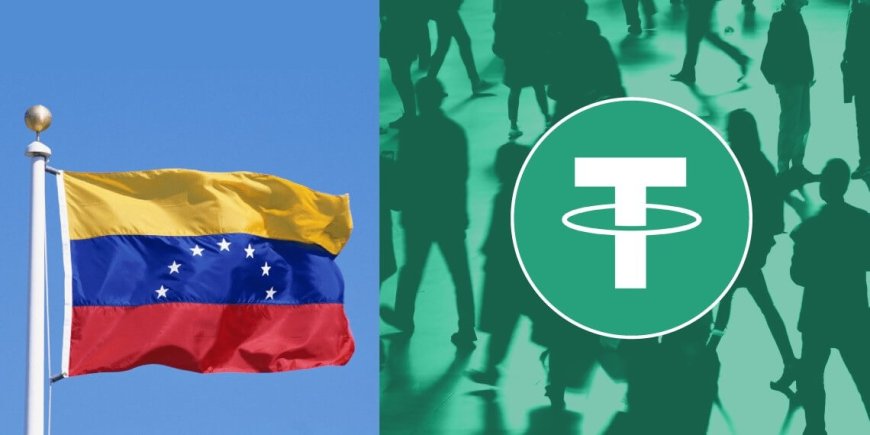USDT Becomes Primary Currency in Oil Trading
Stablecoin USDT is becoming the primary currency in oil trading in Venezuela

Stablecoin USDT is becoming the primary currency in oil trading in Venezuela. The country is gearing up to expedite the transition to cryptocurrencies in response to the reinstatement of sanctions on oil by the United States. According to Reuters, the state-owned oil company PDVSA plans to increase the use of digital money in the export of crude oil and fuels.
The US Treasury Department recently set a deadline of May 31 for PDVSA customers and suppliers to conclude operations under a general license, which was not renewed due to lack of electoral reforms. This move will make it harder for Venezuela to increase oil production and exports, as companies will need separate permission from the United States to conduct business with the country.
PDVSA is gradually transitioning to selling crude oil in the USDT stablecoin, also known as Tether. The reimposition of oil sanctions is accelerating this process, and this strategy aims to reduce the risk of revenue blockage from sales in foreign bank accounts due to the measures taken.
"We have various currencies, according to what is stipulated in the agreements," said Venezuela's oil minister, Pedro Tellechea, last week, adding that cryptocurrencies may be the preferred method of payment in some agreements.
While the US dollar remains the preferred currency for transactions in the global oil market, cryptocurrency payments are slowly gaining popularity in some countries. Last year, PDVSA was embroiled in a corruption scandal after the discovery of undocumented claims amounting to around $21 billion for oil exports in recent years, partially linked to previous transactions involving other cryptocurrencies.
The country's oil exports increased during Tellechea's tenure, who took over as Venezuela's oil minister after the scandal. Influenced by US licenses allowing sales, exports reached 900,000 barrels per day in March, the highest level in the past four years.
By the end of the first quarter, PDVSA shifted many oil contracts without swaps to a contract model that requires prepayment in USDT for half the value of each cargo. PDVSA also requires that any new customer seeking to conduct oil transactions have cryptocurrency in a digital wallet.


























